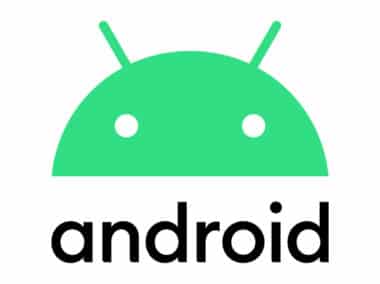Android applications are known for their versatility and flexibility in offering a wide range of features to their users. Among these features are multimedia and graphics, which are considered essential components of a modern Android application. Whether you are building a game or a multimedia-intensive application, you can use the built-in tools to seamlessly integrate multimedia and graphics into your Android applications.
Using the Media Player
The Media Player is a built-in Android class that allows you to play audio and video files, as well as streaming media. It is a versatile tool that you can use to play background music, sound effects, or videos within your application. The Media Player class is easy to use, and you can follow these simple steps to get started:
- Create a new instance of the Media Player class.
- Set the data source for the Media Player, which can be a file or a URL.
- Prepare the Media Player for playback.
- Start playback.
You can also add event listeners to the Media Player to respond to events like the completion of playback or errors.
Using OpenGL ES
OpenGL ES is a cross-platform graphics API that allows you to create high-performance 2D and 3D graphics for Android applications. It is a powerful tool that you can use to create visually stunning user interfaces, games, and other multimedia applications. To use OpenGL ES in your Android application, you need to follow these steps:
- Initialize OpenGL ES in your application.
- Create a rendering surface, such as a view or a texture.
- Create objects to represent your graphics, such as triangles, textures, or shaders.
- Render your graphics using OpenGL ES commands.
OpenGL ES also provides support for 3D modeling and animation, making it a powerful tool for creating multimedia applications.
These tools provide you with a range of options to create rich, immersive, and engaging applications that provide a superior user experience. With the Media Player and OpenGL ES, you can create applications that are visually appealing and engaging, while also providing high-quality audio and video features.
In summary, multimedia and graphics are essential components of modern Android applications, and there are built-in tools like the Media Player and OpenGL ES that you can use to incorporate them into your application. By leveraging these tools, you can create applications that stand out from the crowd and provide an exceptional experience for your users.


